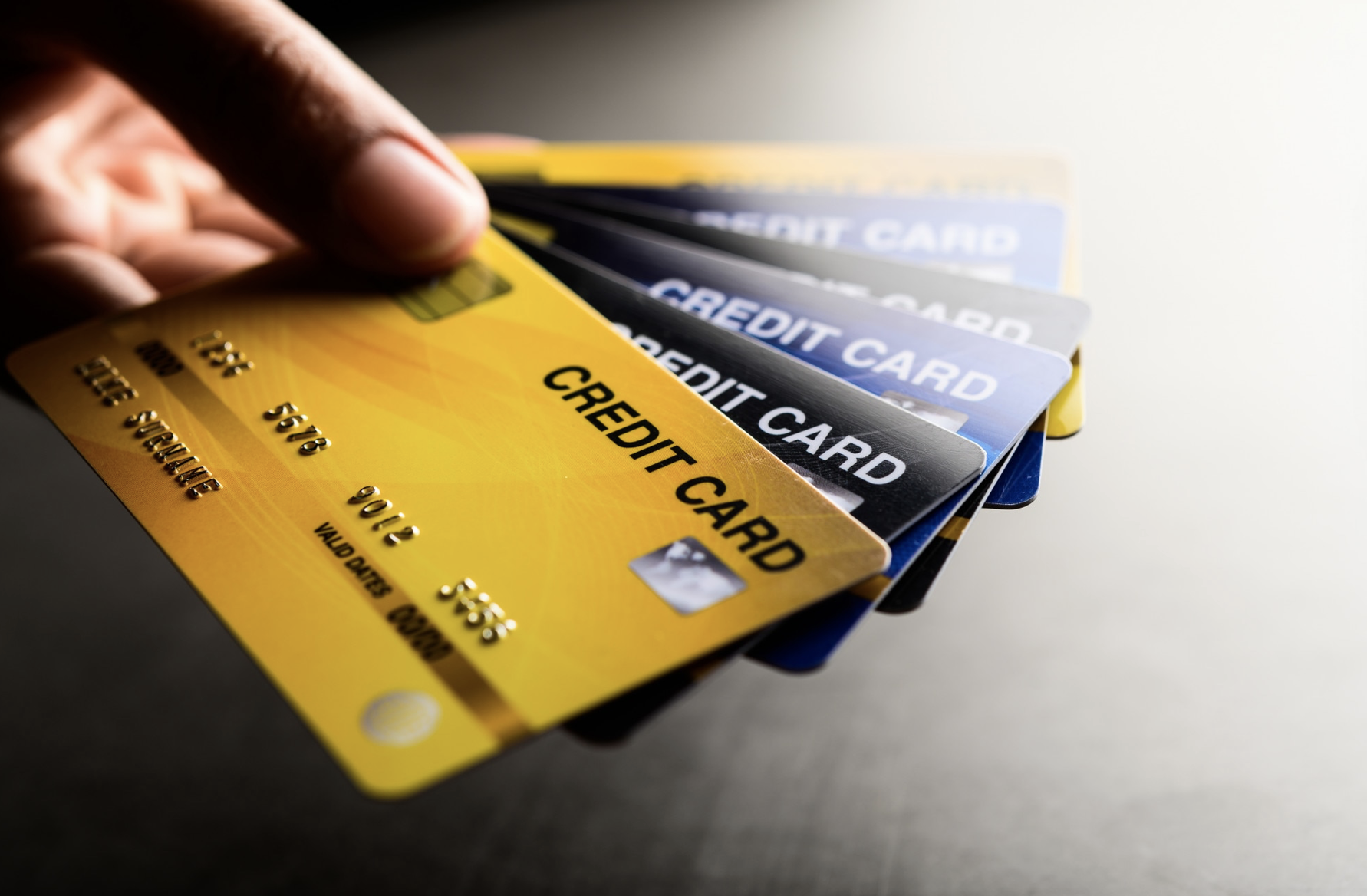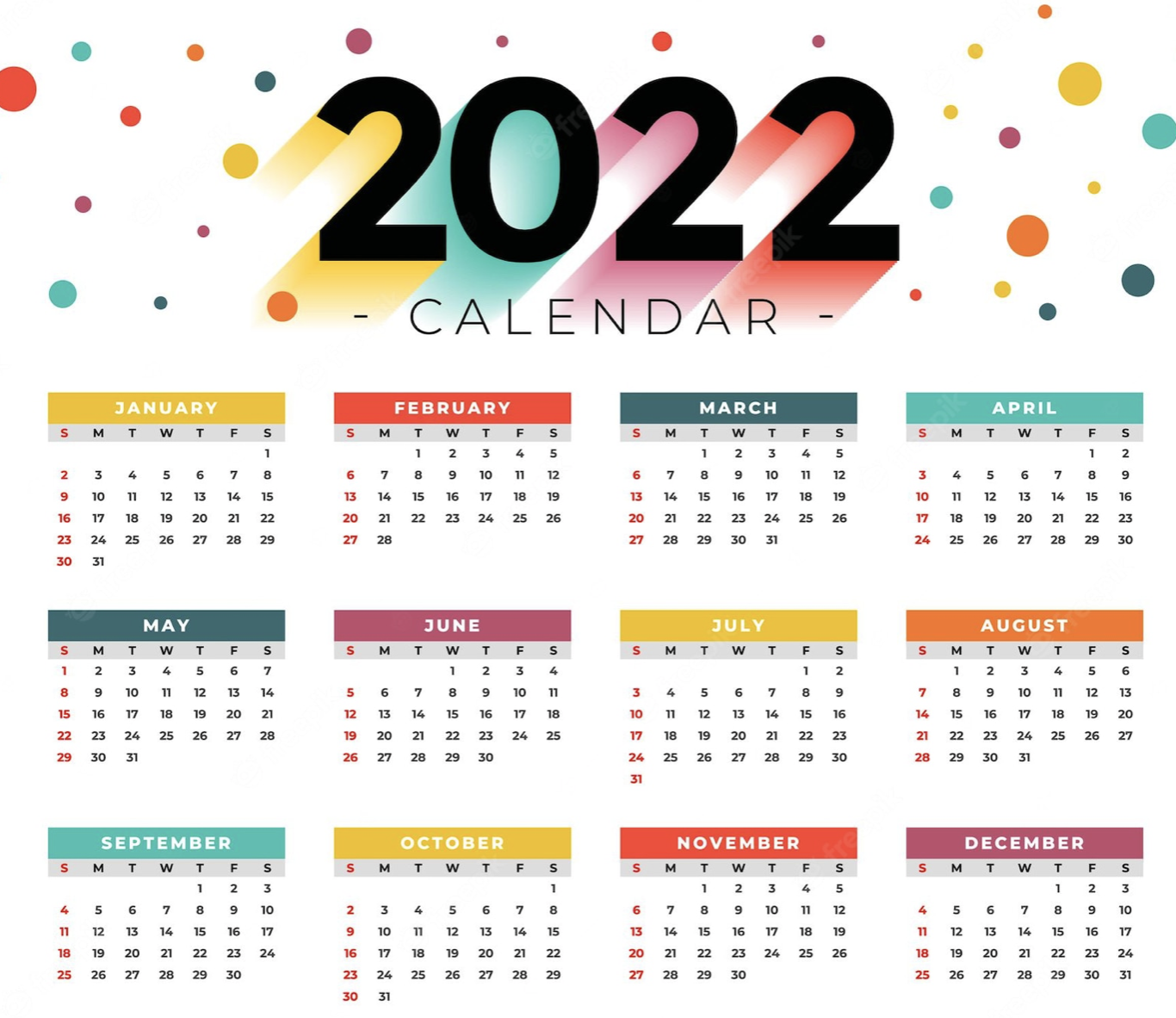5 Key Restaurant Accounting Mistakes to Avoid at all Costs!
Keep your restaurant accounts balanced and accurate by avoiding these common errors

快速瀏覽
- Adopt Good Restaurant Accounting Practices Now and Avoid Headaches Later
- 1. Not Keeping Track of Your Cost of Goods Sold (COGS)
- 2. Not Reconciling Bank and Credit Card Spending
- 3. Not Keeping a Weekly Accounting Schedule
- 4. Looking at Your Accounts on a Cash Basis Only
- 5. Hiring an Accountant with No Restaurant Accounting Experience
- Restaurant Accounting Done Right
Adopt Good Restaurant Accounting Practices Now and Avoid Headaches Later
While no one enjoys doing accounts, it’s one of the key elements of running a successful restaurant. Understanding the financial side of your business can help you make smart decisions that could actually help you save big in the long-run. What sort of decisions are we talking about? Well, by having a healthy understanding of your restaurant accounts (without the mistakes we’ll discuss shortly), you can discover trends, remove poor-sellers, get rid of overpriced ingredients and much more. But first, let’s make sure that you know what key errors to avoid so that your accounting data is accurate and reliable.

1. Not Keeping Track of Your Cost of Goods Sold (COGS)
This is where inventory management software is a must. If it’s baked into your POS, it’s an even bigger benefit as it can save you from the hassle of manually calculating all the numbers related to your inventory. Not having a clear idea about your COGS leads to plenty of issues. First, you will not know what you’re overspending on. Second, you may be overordering or underordering items, which could impact your kitchen and the availability of dishes that you serve. Finally, you simply won’t have a clear idea of what ingredients are in your kitchen, how they are used and what the order flow is for these ingredients. Keep a weekly inventory check so that you know exactly what needs restocking, what’s sitting around going bad and what you can actually stop buying.

2. Not Reconciling Bank and Credit Card Spending
Make sure that you look over and balance all the spending from your bank account and credit cards so that you don’t accidentally incur any fraudulent or incorrect charges. If you don’t make it a habit to reconcile your bank account and credit card spending, you will actually not have a truly accurate view of your accounts. Not catching errors could lead to your accounts accruing more and more errors over time, which will be an absolute nightmare to fix at the end of the fiscal year.

3. Not Keeping a Weekly Accounting Schedule
If you’re checking your accounts only once a month, you may actually be setting yourself up to make more mistakes and also have inaccurate financial data with which to spot trends. One of the main reasons financial data may be represented incorrectly in a monthly accounting cycle is because there aren’t the same number of weekends per month every year. And since restaurants often make more on weekends, when you compare profits and losses on a monthly basis, you may actually be counting more weekends in one month and fewer in the same month in a different year, giving you a false impression of your business’ health. We recommend starting your week on a Monday and ending on a Sunday so you can accurately compare your profit and loss reports for comparable periods each year.

4. Looking at Your Accounts on a Cash Basis Only
If you only look at your accounts based on cash inflows and outflows, you’re only getting an impression of what has been officially paid for. However, there could be other expenses that have been signed off for, but you haven’t paid for yet. Taking these into account is paramount to understanding the health of your restaurant. It would be a terrible shock to look at the cash inflows and outflows, determine you have additional spending power for the following month, spend more and then remember that you have a massive payment pending from the previous month. Avoid this type of error by not just looking at the cash side of your business.

5. Hiring an Accountant with No Restaurant Accounting Experience
If you plan on hiring an accountant to help keep your restaurant financials in check, it’s always best to find someone who has experience with managing restaurant accounts. There are very unique challenges and errors that can be made when balancing and maintaining a restaurant’s accounts and only accountants with the relevant experience can help you and your business avoid pitfalls and catch errors.

Restaurant Accounting Done Right
By avoiding the five restaurant accounting errors we’ve gone over, you will give your restaurant a far better chance at having a healthy and balanced accounting system. Keeping good restaurant accounting habits isn’t just good for when tax time hits, it also provides additional benefits like being able to accurately spot trends, understanding the health of your restaurant business and save yourself money!